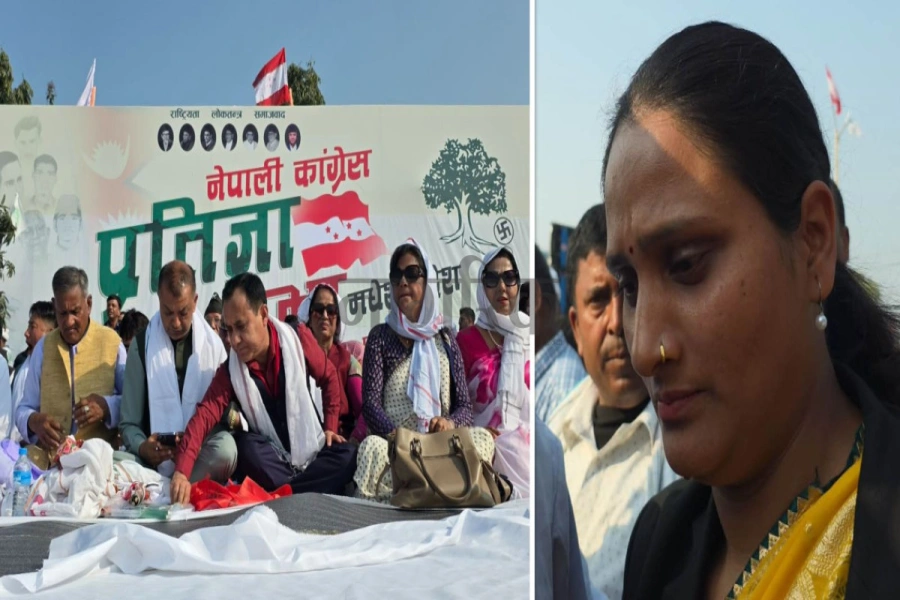Whenever I have some free time, I love going to Pashupati Nath temple and just taking in the surroundings. Located on the bank of Bagmati River on the eastern outskirts of Kathmandu, Pashupati Nath temple is a holy site dedicated to Lord Shiva. But besides the usual worship, there is so much happening there that I find myself discovering something new at every visit.
One of the most fascinating aspects of Pashupati Nath, for me, is sighting the brightly clad Sadhus. I often find myself wondering about their lifestyle, living in the tiny cave like structures in the Pashupati Nath premises. Seeing them so eager to pose for photos with foreigners and then quickly whipping out their hands for money is always fun.
Then there are children, mostly young boys, trying to fish out the coins devotes offer to the holy river. Equipped with ropes and magnets, these children try to collect as many coins as possible from the bottom of the river. Sometimes, there is even a competition of sorts between the boys. It’s a spectacle in itself.
And then there are kids who spend their days around the cremation grounds (aryaghat) gathering charred wood left over after cremation ritual. I was told that these kids mostly come from outside Kathmandu Valley and live near the aryaghat so that they can regularly collect the half-burnt wood to sell to the nearby brick factories.
On a daily basis, Pashupati Nath sees a lot of activity, and contrasting activity at that. On one hand, there are prayers being offered and on the other hand, there are people mourning the death of their loved ones. There are also children playing, old people taking a siesta, and young boys and girls just hanging about taking pictures outside the temple. Life and death, happiness and sorrow, entwined closely are perhaps what make Pashupati Nath so special. It’s a place where contradictory characters merge beautifully.
One thing I always take a moment to observe whenever I am at Pashupati Nath is the cremation ritual. Whenever I walk past the cremation grounds, I’m reminded of the vulnerability of life – One minute you are there, and the next minute you are not. This, for me, is a very humbling experience. The reminder that life eventually comes to an end always grounds me and fills me with a deep sense of gratitude to be alive today.
The Nepali Puzzle

probinphotography@gmail.com






































